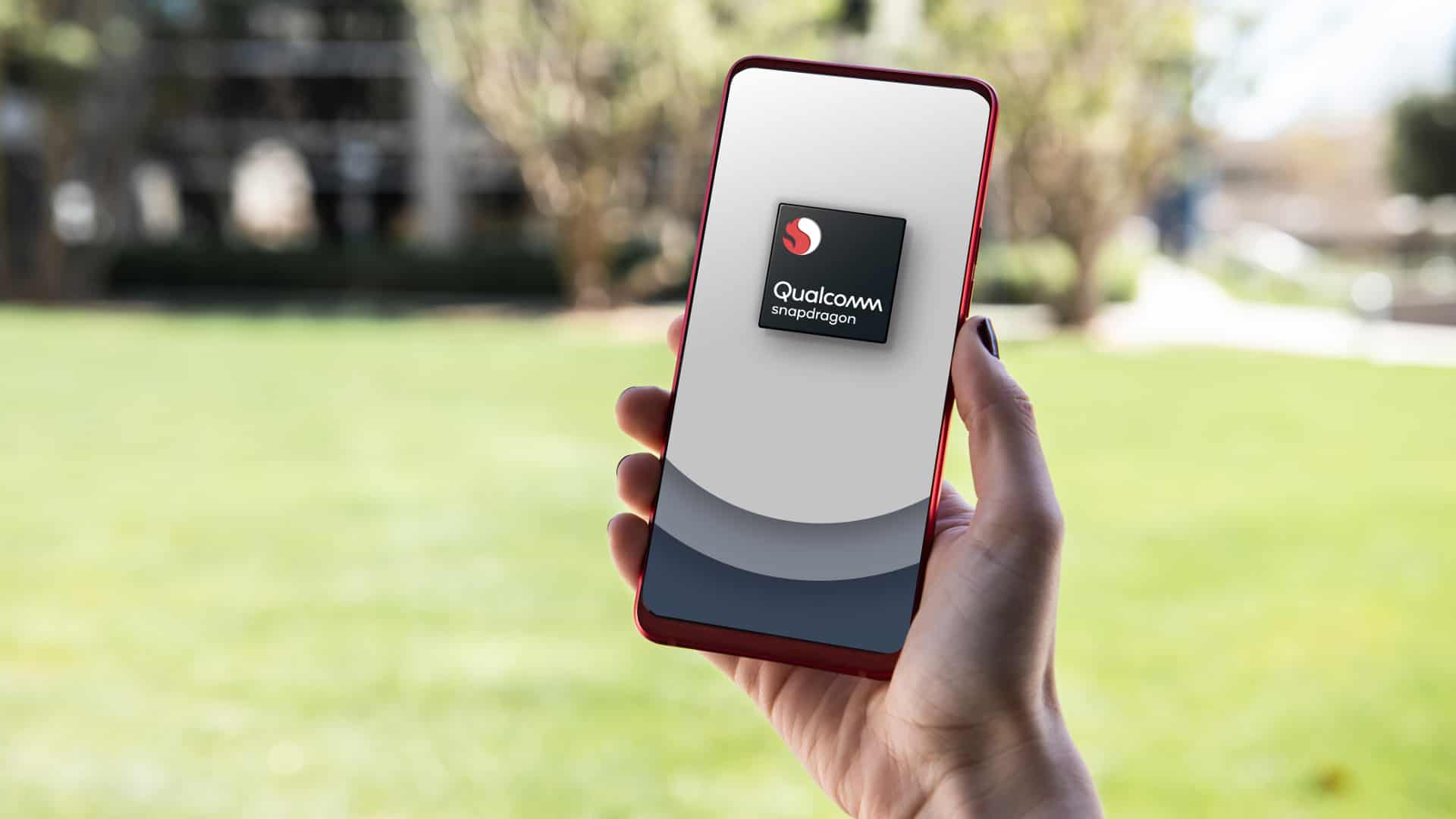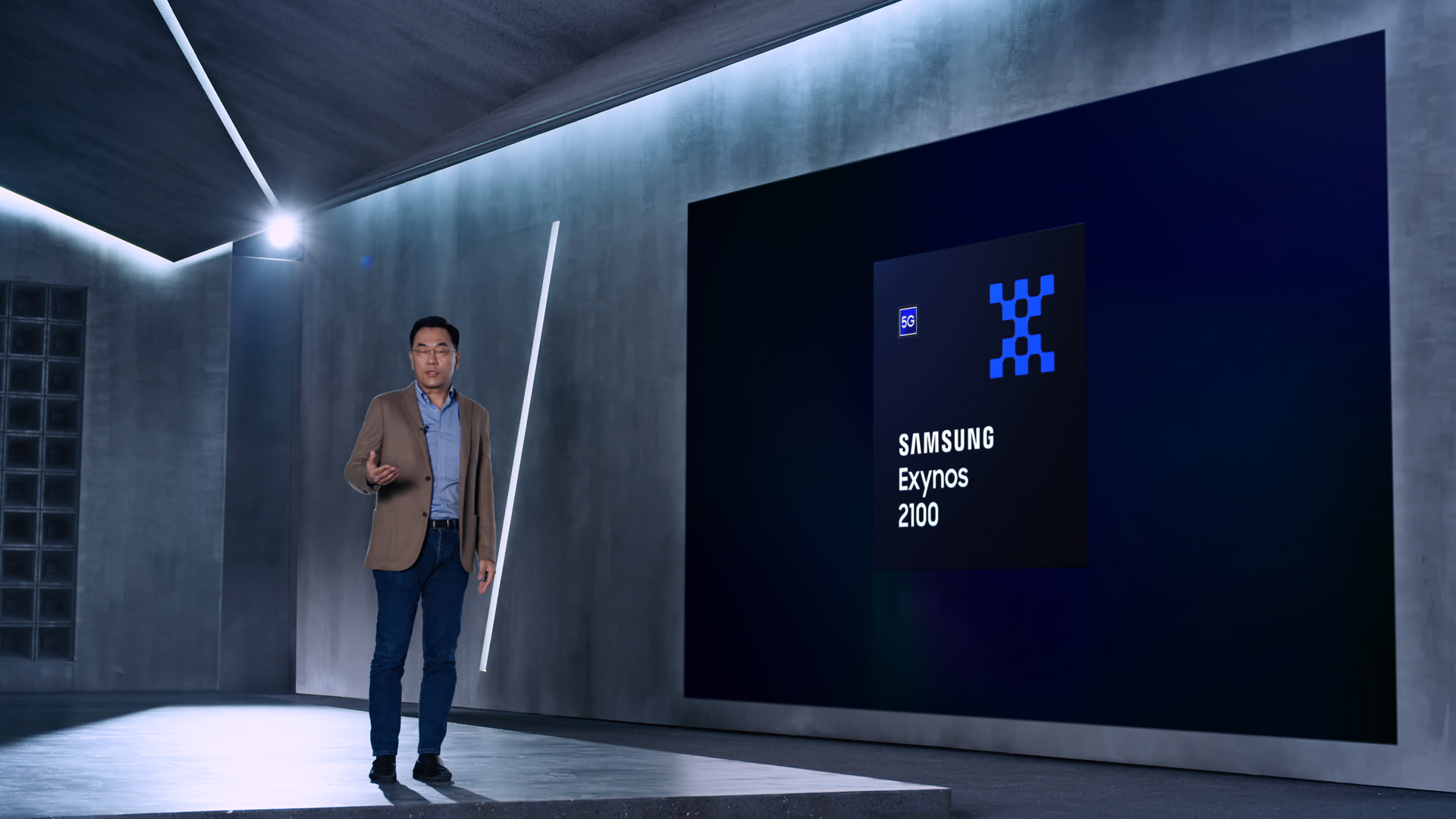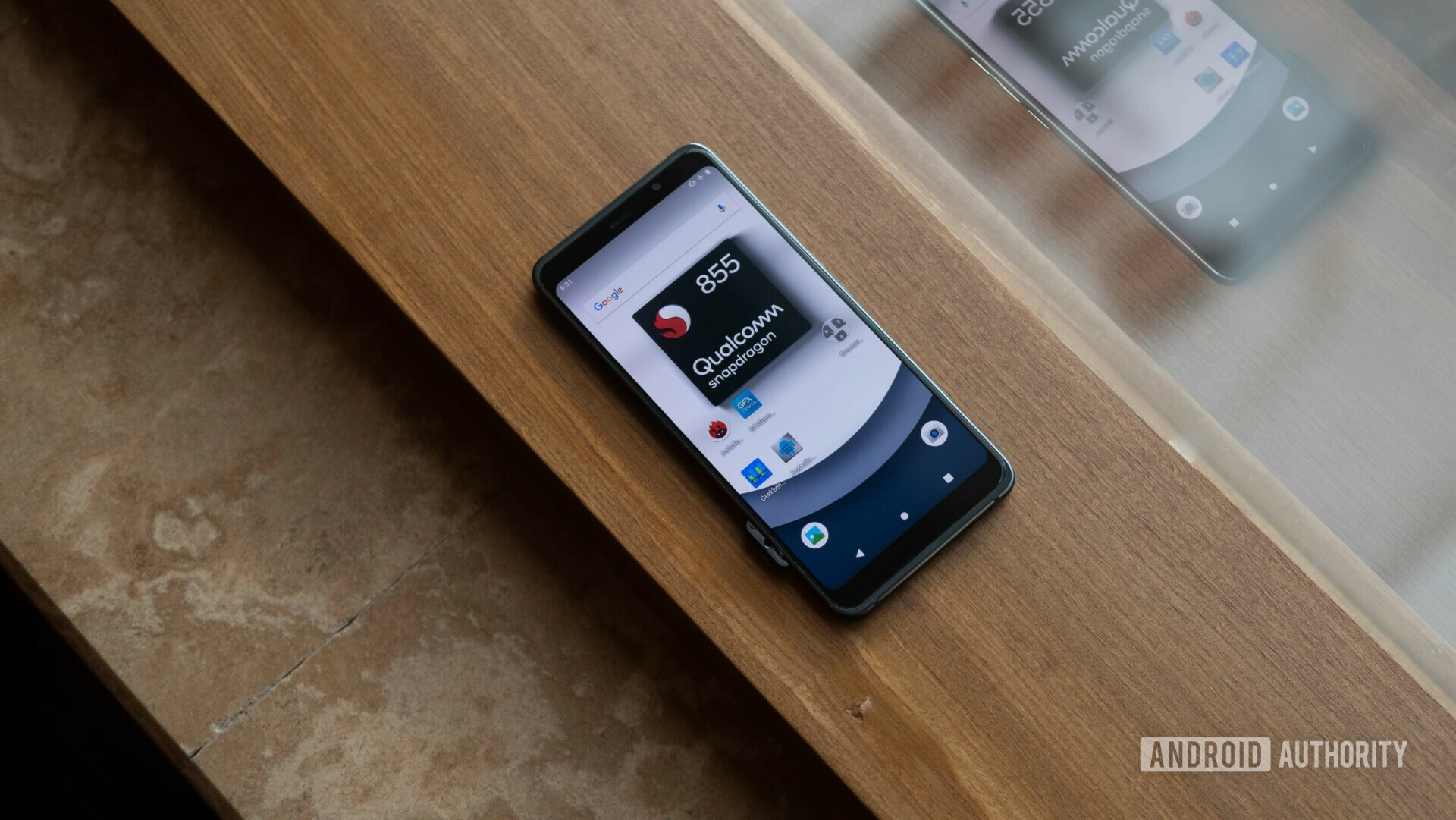Affiliate links on Android Authority may earn us a commission. Learn more.
Snapdragon 665, 730, 730G announced: Qualcomm doubles down on cameras, gaming
April 9, 2019

Chipset makers have done an impressive job in the past 18 months with their mid-range silicon, bringing a big step up in power and capabilities. Now, Qualcomm has revealed an even bigger boost to the mid-range segment with three new Snapdragon chipsets.
A Snapdragon 660 replacement?
The first chip on the list is the Snapdragon 665, which is seemingly positioned as a follow-up to the venerable Snapdragon 660 chipset. Qualcomm is claiming a 2x increase in AI capabilities thanks to the Hexagon 686 digital signal processor and other upgrades.
The Snapdragon 665 offers an octa-core Kryo 260 design (four semi-custom Cortex-A73 cores and four semi-custom Cortex-A53 cores), Adreno 610 GPU, X12 modem (600Mbps down, 150Mbps up), and an 11nm manufacturing process.

It seems like an otherwise incremental increase compared to the Snapdragon 660, but most of the improvements have landed in the camera field. Qualcomm says the new chip supports 48MP snapshots (i.e. images taken without the likes of multi-frame processing and zero shutter lag), triple cameras, 5x optical zoom, multi-frame noise reduction, spatial noise processing, portrait mode with HDR+, and 3D face unlock.
Other noteworthy features here include support for Vulkan 1.1 — Qualcomm claims 20 percent less power consumption than OpenGL ES — and aptX Adaptive for better Bluetooth audio. Don’t expect the latest fast-charging tech though, as the Qualcomm Snapdragon 665 tops out at Quick Charge 3.0.
Snapdragon 700 series sees a big leap
The Snapdragon 710 marked Qualcomm’s formal entry into the upper mid-range bracket, as it reached slightly higher than the 600-series of chipsets. We saw an incremental upgrade in the Snapdragon 712, but the brand-new Snapdragon 730 series is looking like the real deal.
True to form, the Snapdragon 730 borrows a few key elements from the top-end Snapdragon 855 processor. These features include a Tensor Accelerator for improved machine learning (Qualcomm claims it’s twice as fast as the 710 at AI tasks), the computer vision ISP (CV-ISP), Wi-Fi 6, and support for 192MP snapshots.
| Snapdragon 730G | Snapdragon 730 | Snapdragon 665 | |
|---|---|---|---|
CPU | Snapdragon 730G 2x Kryo 470 (Cortex-A76) 6x Kryo 470 (Cortex-A55) | Snapdragon 730 2x Kryo 470 (Cortex-A76) 6x Kryo 470 (Cortex-A55) | Snapdragon 665 4x Kryo 260 (Cortex-A73) 4x Kryo 260 (Cortex-A53) |
GPU | Snapdragon 730G Adreno 618 | Snapdragon 730 Adreno 618 | Snapdragon 665 Adreno 610 |
DSP | Snapdragon 730G Hexagon 688 with Tensor Accelerator | Snapdragon 730 Hexagon 688 with Tensor Accelerator | Snapdragon 665 Hexagon 686 |
Camera | Snapdragon 730G 48MP single/22MP dual 192MP snapshot | Snapdragon 730 48MP single/22MP dual 192MP snapshot | Snapdragon 665 25MP single/16MP dual 48MP snapshot |
Modem | Snapdragon 730G Snapdragon X15 (800Mbps down, 150Mbps up) | Snapdragon 730 Snapdragon X15 (800Mbps down, 150Mbps up) | Snapdragon 665 Snapdragon X12 (600Mbps down, 150Mbps up) |
Fast charging | Snapdragon 730G Quick Charge 4+ | Snapdragon 730 Quick Charge 4+ | Snapdragon 665 Quick Charge 3.0 |
Manufacturing process | Snapdragon 730G 8nm | Snapdragon 730 8nm | Snapdragon 665 11nm |
Other key details include a Kryo 470 series CPU (two Cortex-A76 cores and six Cortex-A55 cores), Adreno 618 GPU, Snapdragon X15 modem, Quick Charge 4+, and a tiny 8nm manufacturing process. The company is claiming a 35 percent CPU performance boost, presumably over the Snapdragon 710.
Qualcomm’s chip is also looking like a capable camera platform, offering 960fps slow-mo support at 720p (albeit via “frame rate conversion”), 4K HDR with portrait mode, 3D face unlock, and 48MP camera support with multi-frame noise reduction. The silicon also supports the HEIF format for photos and video clips, delivering identical quality to other formats but at half the file size. Clearly, the company is trying to bring a flagship camera experience to phones using this chipset.
A gaming-focused chipset
Need more power but don’t want to splash out on a Snapdragon 855 phone? Then Qualcomm also has the Snapdragon 730G up its sleeve, being marketed as a gaming processor.
The Snapdragon 730G is essentially identical to the vanilla Snapdragon 730, but offers a 15 percent graphics boost over the standard model (and a 25 percent boost over the Snapdragon 710). This boost is made possible thanks to the “overclocked” Adreno 618 GPU, according to the chipmaker.

Qualcomm has also brought some of its Elite Gaming features to the beefed-up chipset. These features include a “Jank Reducer” to reduce stutter, optimizations for select games, a Wi-Fi latency manager, and HDR gaming support. Both chips also support physically based rendering, which is a noteworthy graphics rendering technique used in many modern AAA video games.
Snapdragon 665 devices are expected to drop in the second quarter of the year, while Snapdragon 730 and 730G phones are set to launch in the middle of the year.
Thank you for being part of our community. Read our Comment Policy before posting.